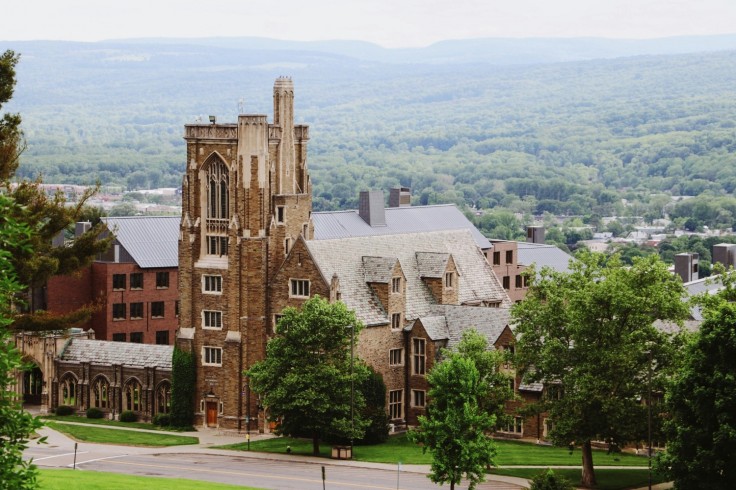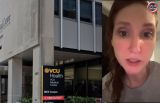US Department of Education Probes Anti-Semitic, Anti-Muslim Discrimination During Ongoing Palestine Conflict
ByIn a climate of heightened tensions stemming from the ongoing Israel-Palestine conflict, the U.S. Department of Education has recently taken a significant step by launching investigations into allegations of anti-Semitic or anti-Muslim discrimination at six colleges and one school district. These institutions, including prestigious names such as Cornell University, Columbia University, and the Cooper Union for the Advancement of Science and Art, are now under scrutiny for incidents that occurred against the backdrop of the Israel-Gaza conflict.

Colleges Under the Lens
The colleges facing investigation- Cornell, Columbia, Cooper Union, Lafayette, University of Pennsylvania, and Wellesley- represent diverse educational landscapes spread across New York, Pennsylvania, and Massachusetts. The inclusion of these renowned institutions in the investigation signifies the widespread nature of the issue, as discrimination appears to transcend geographical boundaries. Moreover, the Maize Unified School District in Kansas has also come under the Department of Education's scrutiny, shedding light on the challenges faced by K-12 educational settings.
The investigations were prompted, in part, by a recent federal prosecution of a Cornell University student. This individual stands accused of making online threats against Jewish students at the Ivy League school, providing a stark example of the tangible consequences of discrimination. The incident serves as a microcosm of the broader challenges faced by educational institutions during times of geopolitical tension, where students may find themselves targeted based on their perceived affiliations or backgrounds.
Secretary of Education Miguel Cardona underscored the imperative of cultivating safe and inclusive educational environments, asserting, "Hate has no place in our schools, period. When students are targeted because they are perceived to be Jewish, Muslim, Arab, Sikh, or any other ethnicity and shared ancestry, schools must act to ensure safe and inclusive educational environments where everyone is free to learn."
Rise in Antisemitic Incidents
The Anti-Defamation League has reported a staggering 400% increase in antisemitic incidents during the first two weeks following the October 7 attack by the Palestinian Islamist group Hamas on Israel, compared to the same period the previous year. Of the 312 incidents documented by the advocacy group, nearly 190 were directly linked to the Israel-Hamas conflict. More than half of these incidents were associated with rallies expressing explicit or strongly implicit support for Hamas, often coupled with calls for violence against Jews in Israel.
Challenges in Educational Settings
These investigations underscore the formidable challenges faced by educational institutions in maintaining a secure and inclusive environment during periods of heightened geopolitical tension. The spillover of conflicts into academic settings emphasizes the need for proactive measures to prevent discrimination and protect students from threats based on their ethnic or religious backgrounds. In this dynamic context, universities and school districts must strike a delicate balance between safeguarding the principles of free expression and fostering an environment where all students feel secure.
As the U.S. Department of Education delves into the allegations of discrimination at various educational institutions, the broader issue of fostering inclusivity and preventing hate in schools comes to the forefront. The rise in anti-Semitic incidents during the Israel-Palestine conflict underscores the urgency of addressing these issues to ensure that educational environments remain spaces where diversity is embraced, and students feel safe to learn and express their views without fear of discrimination or reprisal. By actively addressing these concerns, educational institutions can play a crucial role in shaping a future where differences are celebrated rather than used as a basis for division and discrimination.
RELATED ARTICLE: US Government, Campus Security Partner Against Anti-Semitic And Islamophobic Attacks In Connecticut Colleges
© 2026 University Herald, All rights reserved. Do not reproduce without permission.








